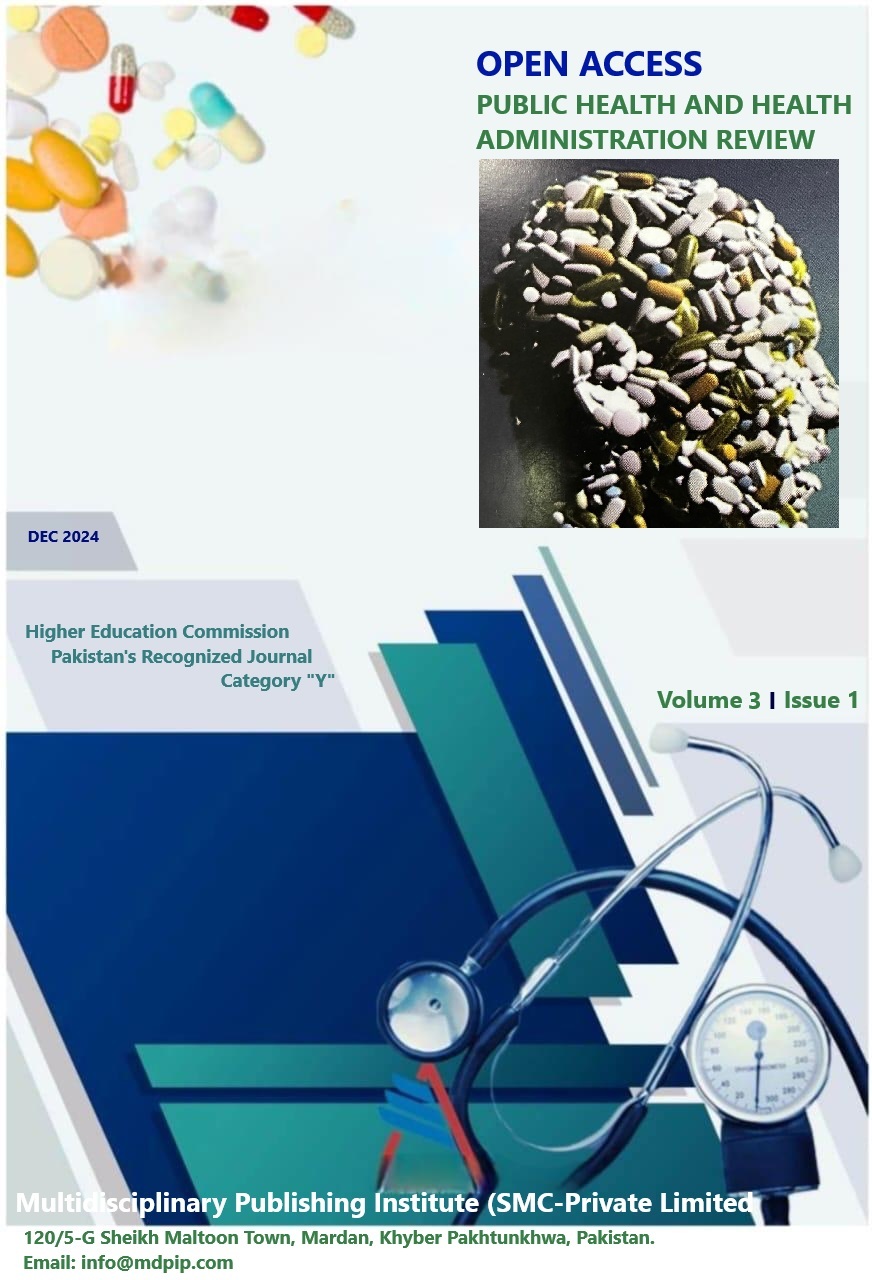The Influence of Job Characteristics on Faculty Performance: Mediating Role of Perceived Job Fairness
DOI:
https://doi.org/10.59644/oaphhar.3(1).194Keywords:
Job Characteristics, Job Performance, Job Fairness, Effectiveness, ProductivityAbstract
This study investigates the mediating role of job fairness in the relationship between job characteristics and performance among faculty members at a Pakistani university. To assess mediation, quantitative cross-sectional design employing structural equation modeling (SEM) is used. Information was gathered through faculty surveys that gauged performance (JP), perceived fairness (JF), and job characteristics (JC). Significant mediation effects (p<.05) were confirmed by bootstrapping (5000 samples). Faculty performance (JP) is significantly predicted by job characteristics (JC) (β=0.52, p<.01). This link is largely mediated by perceived job fairness (JF), which accounts for 40% of the total effect through strong indirect effects (JC→JF: β=0.48; JF→JP: β=0.44). 40% of the influence of work characteristics on faculty performance is mediated by job fairness (β=0.48→0.44). To maximize results, universities should increase their autonomy and transparency. Study limitations include restricted generalizability, self-report bias, cross-sectional design, unmeasured confounders, and sampling bias toward tenured faculty. The study recommends that job autonomy, equity, and transparency improve professor effectiveness. To improve HR practices in academia, future studies should examine cultural contexts, employ longitudinal designs, consider digital implications, and investigate other potential mediators/moderators.






